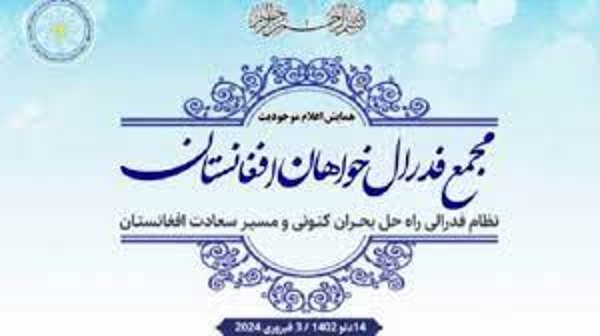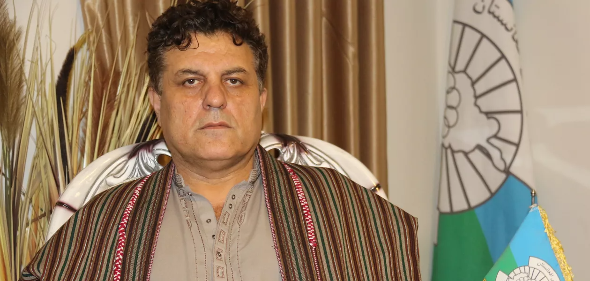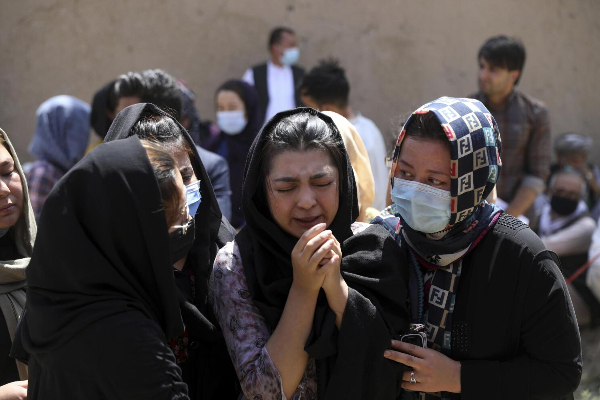image1
Taliban has introduced a new law that grants the members of their vice and virtue ministry the authority to imprison individuals for a range of perceived moral violations, including actions as minor as missing prayers or disobeying parents.
The vice and virtue law, recently signed by the Talibanís supreme leader, comprises four chapters and 35 articles, significantly expanding the powers of the "morality police" to threaten and detain those who fail to adhere to the regimeís strict interpretation of Islamic law.
According to the law, anyone publicly engaging in what the Taliban consider "immoral acts" can be subjected to warnings, verbal threats, or imprisonment for up to three days.
The enforcers, known as muhtasibs, are also empowered to bring individuals before the courts for offenses like missing prayers, neglecting to pray in congregation, or any other conduct deemed inappropriate.
The law imposes even stricter regulations on women, declaring that the voices and faces of women are "forbidden" to men outside their immediate family.
Women are required to cover their faces entirely to avoid what the law describes as "temptation."
It also mandates that women refrain from wearing "thin or short" clothing and that they conceal themselves from men who are not their relatives. Additionally, the law prohibits Muslim women from interacting with non-Muslim women.
The legislation explicitly states that it is forbidden for men to look at unrelated women, and vice versa, further entrenching the Talibanís extreme measures to segregate the sexes.
This law comes amid the Talibanís ongoing efforts to curtail the rights and freedoms of women and girls, intensifying restrictions that have been in place since they returned to power three years ago.
Richard Bennett, the U.N. Special Rapporteur on human rights in Afghanistan, has labeled the Talibanís actions as gender apartheid. The United Nations is scheduled to hold a meeting in October to discuss including gender apartheid as a crime against humanity in its conventions.
The new law reflects the Talibanís relentless push to enforce their rigid interpretation of Islamic principles, further eroding the rights of women in Afghanistan and isolating them from both Afghan society and the outside world.











